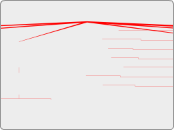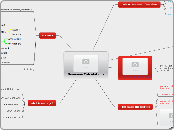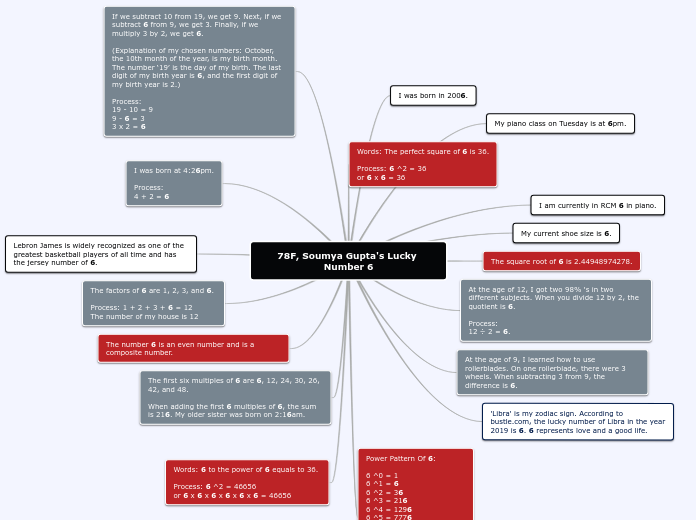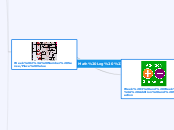ICE Task
Rules of inequalities
Rule 1 :the same amount on each side of inequality is still the same and true
Rule2:if you subtract the same amount from each inequality the answer is still the same snd true
Rule3:if we multiply both sides of an inequality by a positive number,the inequality does not change
Rule 4:if we multiply both sides of an inequality by n negative number the inequality sign must be reversed
Average
You need to add the numbers and devide the total amount by the number of items
Commutative,Associative and Distributive laws
Distributive law:when we multiply a number by the sum of two numbers,it is the same as multiplying first and adding the two products.
Example:2x(3+4)=2x3+2x4
Associative law:when we add and multiply three numbers,it does not matter which 2 we add or multiply.
Example:(2+1)+3=2+(1+3)
Commutative law:when you add and multiply two numbers.
Example:6+2=2+6
Types of numbers
Square roots
The square root is the oppsite of the square and is the number which when mulitiplied by itself gives the final figure
Example:square root of 4=2
Numbers that are squared
The squared of a number is the multiplied by itself and is represented by the symbol^2 written the number as in 4^2
Example:x^2=x^2 or 4^2=16
Odd numbers
Odd numbers are numbers that are not even
Examples:1,3,5,7,9...
Even numbers
Even numbers are multiplies by 2.All even numbers can therefore be divided by 2 to give a whole answer
Examples:2,4,6,8,10...
Prime numbers
A prime number can only be divided by 1 and itself to give a whole number answer
Example:1,2,3,5,7...
Intergers
The consist of all whole numbers, their negattive as well as zero
Example:-6,-5,-4,-3,-2,-1,0,1,2,3,5
Whole numbers
Numbers that we use to count are whole numbers
Example:1,2,3,4....
Number line
Subtopic
Example:-3-3=0(means you have to move from -3 three places to the right hand sight
The numbers on the right hand sight is positive numbers and the numbers on the left hand sight is negative
The basics operations of numbers
Dividing
Example:-20/5=-4
Dividing is when you divide two or more numbers with each other.
Multiplying
Multiplying is the same as adding.Instead of adding 3 groups of 4 you can multiply 3 by 4 to get the same answer.
Example:5x3=15
3of4=12
(-+-=+) Example:-3x-4=12
-x+=-(Example:-3x4=-12
Subtraction
Subtraction is when you subtract numbers from each other and it could be positive or negative
Example:4-(-1)=5
Adding
Adding is when you add two or more numbers together.
Example:2+3=5
Bodmas
S
Subtract
9--8=1
A
Add
9-8=
M
Multiply
3+6-8=
D
Divide
O
Of
3+3x2-8=
B
Brackets
(9/3)+3x2-4of2=








